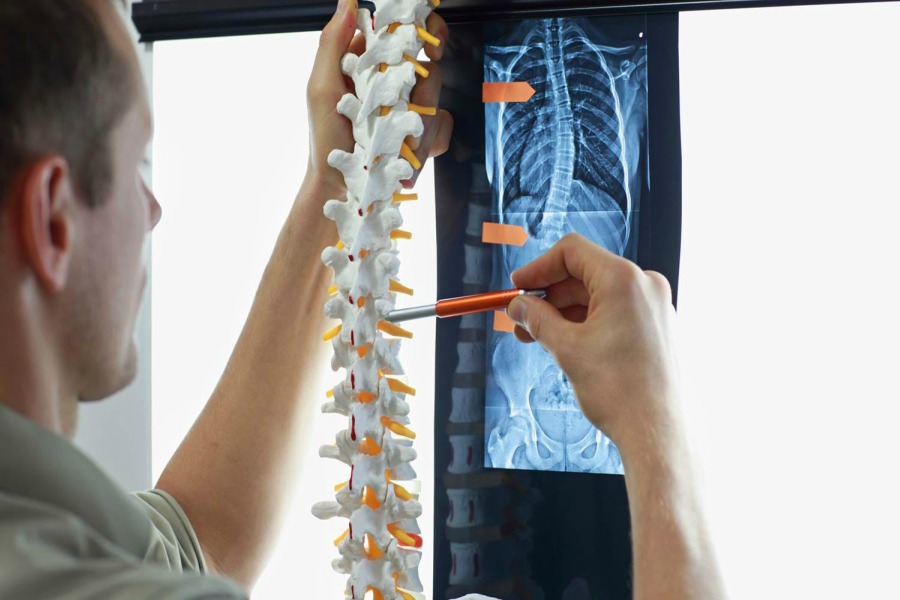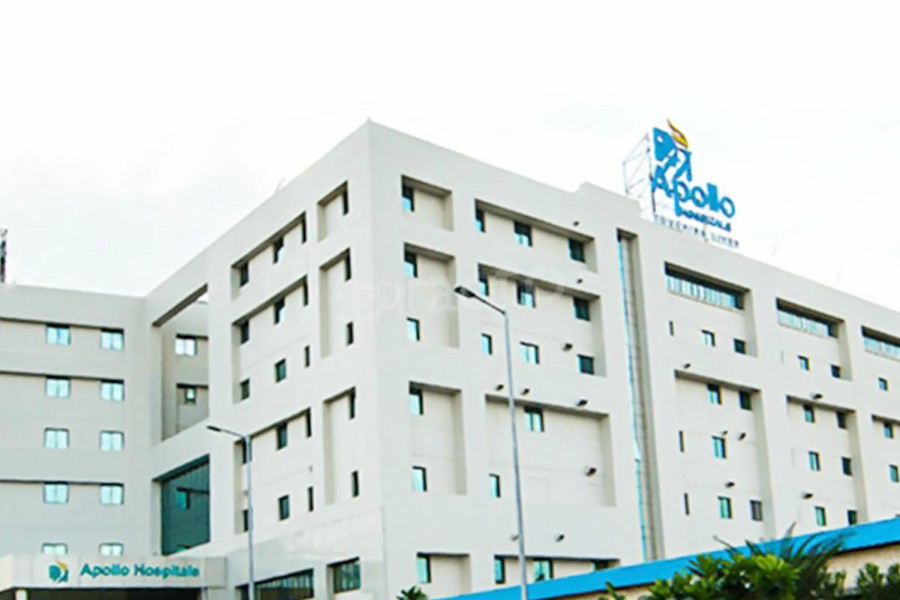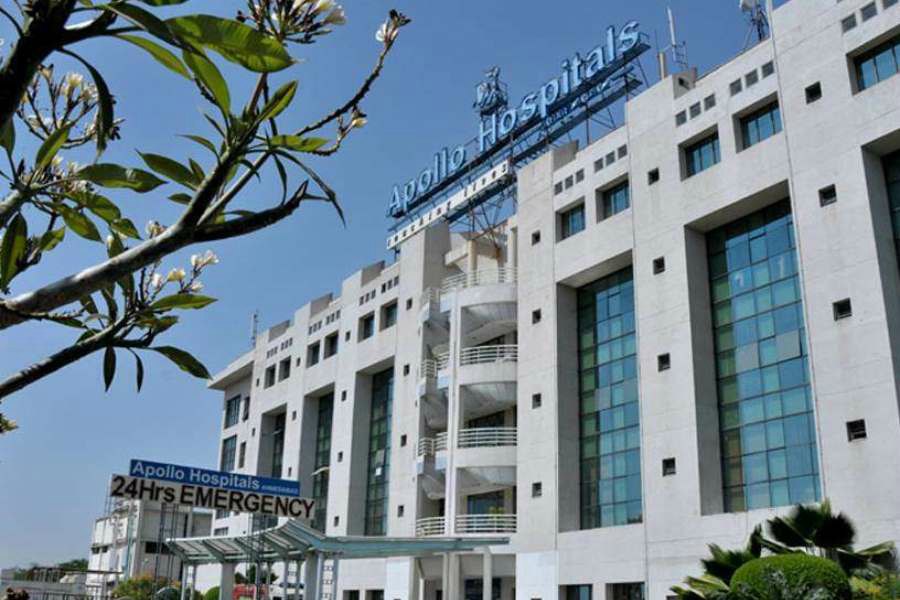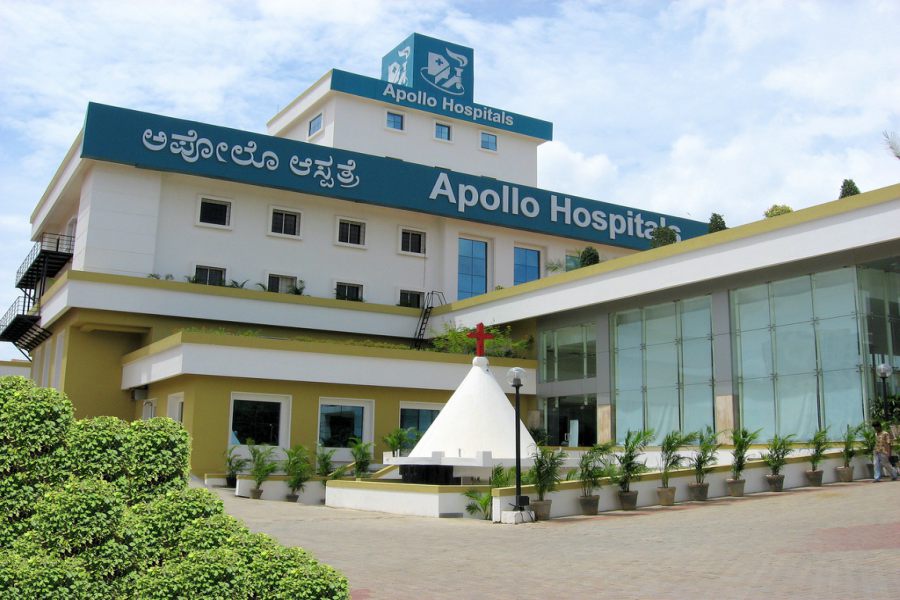
Overview
Spinal stabilization is an essential surgical procedure for patients undergoing a case of instability in the backbone. This condition can arise out of shock, injury, deteriorating disc disease, kyphosis, and scoliosis etc. The extent of steadying and levelling out that is required will be determined by the level of the diseased circumstance the opinion of your physician or the surgeon-in-charge.
Why it is done?
The surgery to correct problems of the spine are a serious matter, and the physician will normally try out a different approach before going for the surgical route. The reasons your physician may opt for this particular surgery can be listed as;
● Distortions of the spine: The spinal column may lose its ideal structure due to some accidents or forceful blows. The spine may need a surgical intervention for the connection.
● Weakness or instability: Your vertebral column may become unsteady if there's irregular or unnecessary motion between two vertebrae. This can be seen in case of severe arthritis in spine. The procedure of spinal stabilization may help in regaining the stability in this case.
● Hernia in the disk: the spinal stabilization surgery may be needed to correct the instability after the surgical removal of a herniated disk from the backbone.
● Spinal compression: The problems due to spinal compression may be corrected by this surgical procedure.
● Blunt force trauma: This technique may be used to correct any error, fracture, or defect occurring due to blunt force like fall from a height, accidents, and injury.
● Osteoporosis: This condition leads to loss of bone from the vertebral column, leading to fractures in the spine which can be corrected by spinal stabilization.
Causes
The causes that require a spinal stabilization surgery are usually the same that cause injury in the vertebral column in the first place. The reasons that may require the physician to opt for this surgical intervention may be stated as;</>
- Violent bodily attack: Spinal injury may occur due to a vicious attack such as a stabbing or a gunshot, and may require stabilization surgery to correct the deformity caused. Usually, a fracture or contusion will occur at the site of injury.
- Diving into a low-depth lake: This is another cause that can result into severe spinal problems. Jumping into a shallow water-body, often head first, can cause the head or the spine to hit the bottom forcefully, which may cause shock to the spine and need stabilization surgery to correct it.
- Upper body trauma: Sudden and violent shock to the face, head and neck region, back, or chest area may cause problems in spine which may need treatment by this stabilization surgery.
- Falling from a great height: This is the same as the jumping into a shallow pool. The forceful contact with the ground may cause injuries to the spine. Electrical mishaps: Often, electrical shocks may cause a person to get violently thrown across a distance. The landing on the hard surface may cause shock to the spinal column and require the stabilization surgery to make better.
- Severe bending of the middle portion of the torso: This condition may arise due to sudden shocks during weight training, unmonitored yoga or automobile accident, which may cause injury to the spinal column. The only way of treatment can be a stabilization surgery.
SYMPTOMS
The procedure of spinal stabilization is essentially the physical correction of any structural issues occurring in the vertebral column. There may not be any specific indication to denote the involvement of spinal injuries or issues. However, some of the below given symptoms may become the reason that satisfies your surgeon. The symptoms which may take spinal stabilization surgery to correct them are stated as;
● Experiencing problems in locomotion
● loss of control of the bladder or bowels
● Failure to move the arms or legs
● Feelings of increasing unresponsiveness
● Tingling in the limbs or end of the fingers
● Unconsciousness
● Headache
● Pain in the back
● Pressure and rigidity in the neck
● Indications of shock
● Unnatural positioning of the head
DIAGNOSIS
The injuries of the spine are diagnosed by different imaging techniques primarily; although, in some cases, test of balance and nerve functions may be required to understand the problems. The different techniques which can help your physician understand the state of your spine and prescribe a stabilization surgery may be listed as;
● CT scans
A computerized tomography scan (CT or CAT scan) uses computers and a revolving X-ray machines to create cross-sectional pictures of the body. These pictures provide more in depth information than standard X-ray images. They are used to visualize the soft muscles, blood vessels, and bones in various parts of the body.
● MRI
This technique uses high intensity magnetic field to create a three-dimensional image of the body. This technique can show the detailed situation and state of the spinal injury.
● X-rays
This is a well-known technique in which lights of lower wavelength are used that penetrate the soft tissues and show an image of the internal bones and joints.
● Evoked potential testing
This is a test which measures how quickly nerve signals reach the brain so that the first indication and a concept of the extent of injuries can be developed by the surgeon, so that he or she can take informed decisions about the surgery.
POST-OPERATIVE CARE
● The doctor may give you bed rest for three days.
● Some pain is normal and treatable by painkillers and antibiotics.
● Braces may be prescribed by the doctor in charge to keep in alignment of your spine correct.
● You may be given physiotherapy to hasten the healing and maintaining the orientation of the spine.
● Mild exercises may be given to ensure maintenance of functions.
● Restriction may be placed on lifting heavy objects for some time.
TREATMENT
After it has been ascertained that the treatment shall now proceed only by surgery, the physicians will prepare you for the upcoming operation. The guidelines the physician may give you to follow before and during the procedure are:
Before the treatment
The hospital staffs will check for your case history, any alcohol or drug use, previous medical histories, any allergies etc. Then they will check for any problems in your pulse or blood pressure. Several imaging of your spine will be done before the operation.
Before the procedure, you will be given anesthesia at the location of the incision or will be made fully unconscious according to the type of surgery determined by the physician. Any personal items like jewelry, piercings, dentures, contact lenses will have to be removed during the procedure. Preparation before operation may comprise of shaving the hair over the operating site. The surgical team may give you antibiotics to monitor the growth of unhealthy bacteria in your nose.
During the procedure
● You will be placed in a position with the chest facing down.
● The part where the slit is made will have body hair shaved off.
● You will be given anesthesia locally or will be made fully knocked out.
● The donor bone or the graft that will be used is placed between the allocated bones. Usually, pelvic bone is used if the graft is taken from the patient’s own body.
● Metal plates, screws or rods may be used to help secure the vertebrae in place together while the graft patches up.
FACTORS AFFECTING COST
The rate of the treatment may be governed by the following factors:
i. The charges of the grafts
ii. The cost of medicines
iii. The fees of the surgeon
iv. The hospital cost.
FAQ
The main sign is a severe and needle-like pain starting from lower side of the back and going to the buttock and legs. In some cases, swelling and erythema may be observed.
Spinal stabilization is considered a safe surgery. However, like all surgeries, some risks are present, which can be taken care of.
Although unlikely in case of a proper surgical procedure, the spinal fusion can break after some time if proper care is not taken.


 Best Hospitals
Best Hospitals












